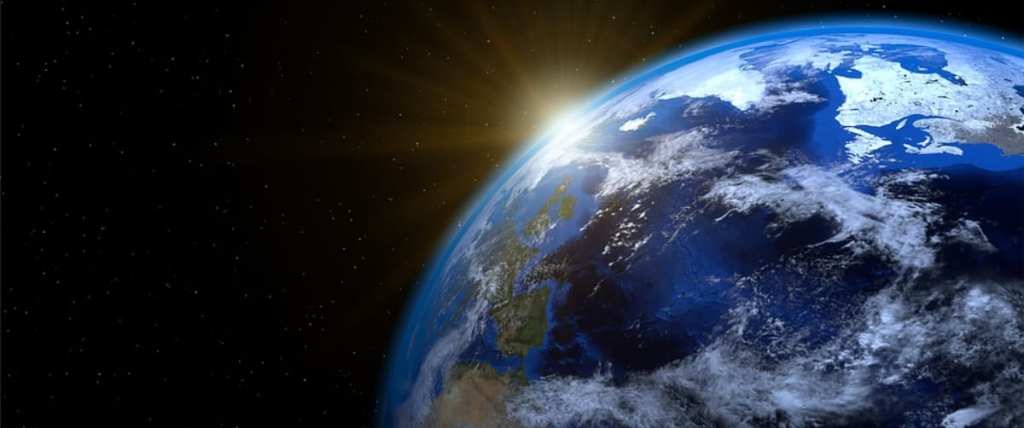Trending Now
Filed under: things you probably never thought about until now…
It’s pretty obvious, especially if you’ve ever read any Greek and Roman mythology, how most of the planets (Mercury, Mars, Venus, Saturn, and the rest) in our solar system got their names, but what about Earth?
There’s no Roman or Greek god named Earth, I’m pretty sure.

Image Credit: Pixabay
You might not know that there’s a different word for our planet in other languages – terra (Portuguese), dunya (Turkish), and aarde (Dutch), to name a few – but that each word is, like Earth, derived from a root word meaning ‘ground,’ or ‘soil.’
The use of the word ‘earth’ goes back around 1,000 years (that we know of), to when English was evolving from Anglo-Saxon as Germanic tribes spread from Europe into Britain. The Anglo-Saxon word for ‘earth’ was ‘erda‘ and the German equivalent ‘erde,’ both meaning ground or soil.

Image Credit: Pixabay
In Old English, the words became ‘eorthe‘ or ‘ertha.‘ Over the next millennium, we get the word ‘earth’ to mean soil – eventually it came to mean the planet as a whole.
Earth is definitely the only planet name that was never connected to Greco-Roman mythology, which might perhaps be because the other planets were discovered over time, whereas people have always lived on the earth. Translations of the Bible also support the fact that our planet was never referred to by any word that meant something other than the land itself.

Image Credit: Pixabay
And now you know – just wait until you can drop some of this etymology at your next dinner party!






